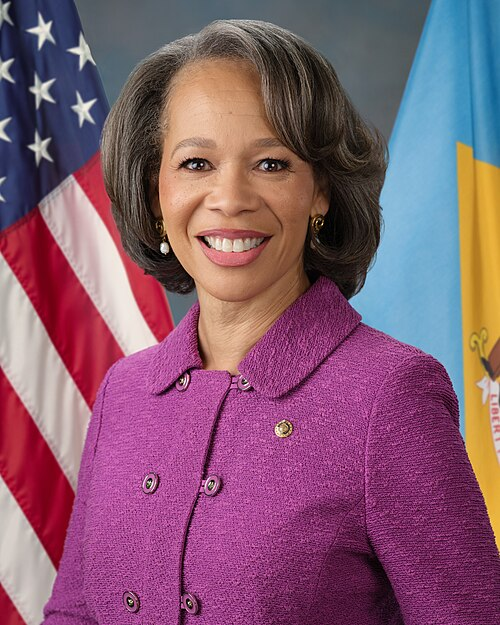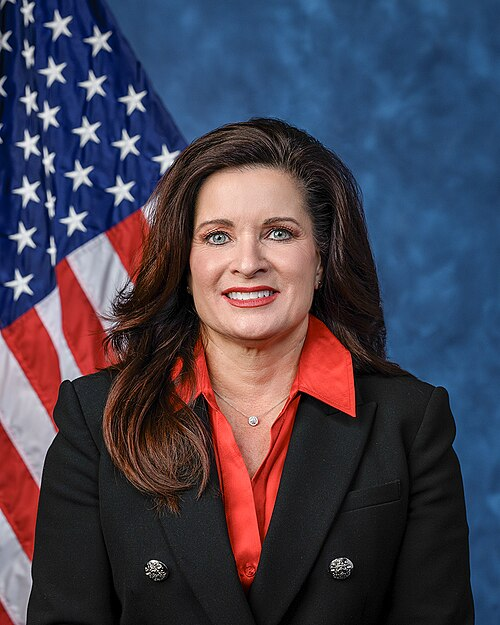S. 2064: Helping Tobacco Users Quit Act
This bill, known as the Helping Tobacco Users Quit Act, aims to enhance tobacco cessation support through Medicaid and the Children's Health Insurance Program (CHIP). It proposes comprehensive coverage for counseling and medications to help individuals quit using tobacco and eliminates out-of-pocket costs for these services. Below are the main provisions of the bill:
Medicaid Coverage Enhancements
- Expanded Services: Medicaid would be required to cover counseling and pharmacotherapy—both prescription and non-prescription medicines approved by the FDA that assist with quitting tobacco.
- Enhanced Federal Funding: States would receive a temporary increase in federal funding (90%) for the costs associated with these tobacco cessation services for a period of five years after the bill's enactment.
- No Cost Sharing: Recipients of Medicaid would not face any charges (like deductibles or co-pays) for tobacco cessation counseling and medications.
- No Prior Authorization: States cannot require prior authorization for the approval of medications that promote smoking cessation.
- Outreach Campaigns: States would be required to monitor and promote comprehensive tobacco cessation services among eligible Medicaid users and healthcare providers, including conducting outreach to raise awareness of these services. Federal reimbursement for outreach efforts would also be available at a rate of 90% for five years.
CHIP Coverage Enhancements
- Expanded Services: CHIP would also cover counseling and pharmacotherapy for individuals eligible under state child health plans.
- No Cost Sharing: Similar to Medicaid, there would be no cost sharing for benefits related to tobacco cessation offered through CHIP.
- No Prior Authorization: States under CHIP would not be allowed to require prior approval for tobacco cessation medications.
- Federal Reimbursement: The bill allows for federal reimbursement for outreach campaigns to promote tobacco cessation services among CHIP users, with payments mirroring those for Medicaid.
Implementation and Effective Date
- The amendments would take effect on the first day of the first fiscal year following the enactment of this Act, making it important for states to prepare for changes in their Medicaid and CHIP programs.
Monitoring and Compliance
- The bill requires states to establish procedures for monitoring the use of these tobacco cessation services and their effectiveness, ensuring that eligible individuals and healthcare workers are aware of available assistance.
Rule of Construction
- The Act specifies that its amendments should not limit coverage for counseling or pharmacotherapy for individuals under the age of 18, promoting access for younger populations as well.
Relevant Companies
- PM (Philip Morris International Inc.) - As a major tobacco manufacturer, changes in smoking cessation policies and increased support for tobacco cessation may alter their market dynamics and affect sales.
- BTI (British American Tobacco PLC) - This company, another major player in the tobacco industry, could experience similar impacts regarding sales and market strategies due to enhanced cessation efforts.
- CI (Cigna Corporation) - As a health insurer, Cigna may see changes in healthcare costs related to tobacco cessation services due to coverage expansions, impacting their insurance models and reimbursements.
This is an AI-generated summary of the bill text. There may be mistakes.
Show More
Sponsors
2 bill sponsors
Actions
2 actions
| Date | Action |
|---|---|
| Jun. 12, 2025 | Introduced in Senate |
| Jun. 12, 2025 | Read twice and referred to the Committee on Finance. |
Corporate Lobbying
0 companies lobbying
None found.
* Note that there can be significant delays in lobbying disclosures, and our data may be incomplete.
Potentially Relevant Congressional Stock Trades
Estimated excess return of the underlying stock since the transaction

















